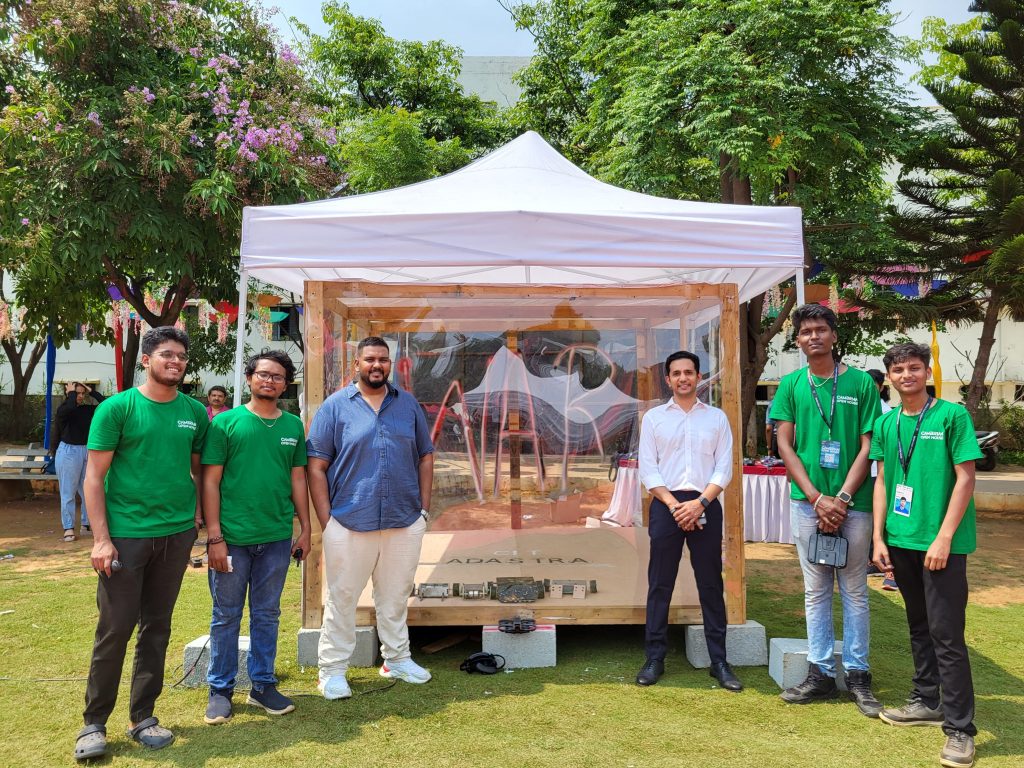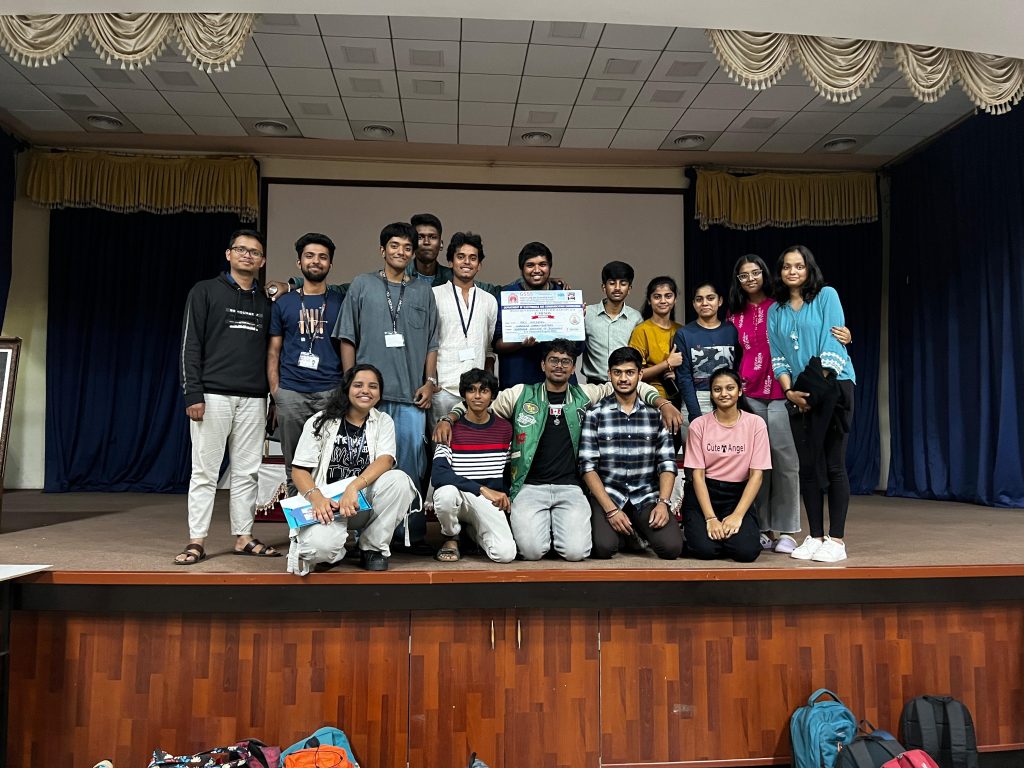Adastra
Welcome to Ad Astra, the student-driven Robotics and Drone Innovation Club at Cambridge Institute of Technology. Named after the Latin phrase “To the Stars,” Ad Astra is more than just a technical club—it is a platform for aspiring engineers, innovators, and creators to push boundaries and explore the ever-evolving fields of robotics, drone technology, and autonomous systems.
With a vision to foster innovation through collaboration, Ad Astra provides students with an opportunity to learn, experiment, and create intelligent machines that have the potential to solve real-world problems. We are committed to excellence in both thought and execution, blending creativity, engineering, and hands-on experience.


Our Mission
To build a strong community of passionate learners and creators who can shape the future of technology through robotics, drones, and AI-integrated systems. We aim to:
Foster a maker’s mindset.
Encourage project-based learning.
Bridge theory with practical implementation.
Promote participation in national and international competitions.
Contribute to solving societal problems through tech-driven solutions.
What We Do
At Ad Astra, students dive deep into cutting-edge technology, working on real-time projects, competitions, and innovation challenges. Here’s what sets us apart:
1. Autonomous Drone Systems
We design and develop advanced UAVs (Unmanned Aerial Vehicles) with autonomous capabilities including:
Path planning and navigation
Obstacle avoidance
Real-time video streaming and object detection
GPS-based flight systems
2. Ground Robotics and Rovers
From line-following bots to Mars rover prototypes, our members gain experience in:
Chassis and drivetrain design
Sensor integration (LiDAR, ultrasonic, IMU)
Remote control and autonomous modes
Terrain navigation systems
3. Robo Wars and Combat Bots
One of the most exciting avenues we explore is building battle-ready robots:
Mechanical design with armor and weapon systems
High-torque motors and controlled aggression
Strategy development and testing in combat simulations
4. Electronics and Embedded Systems
We train students in the fundamentals of electronics:
Microcontroller programming (Arduino, STM32, ESP32)
PCB design and fabrication
Power systems and signal processing
5. 3D Design and Fabrication
Members get hands-on with CAD tools and fabrication techniques:
Designing in SolidWorks, Fusion 360, and AutoCAD
3D printing, CNC machining, and laser cutting
6. Programming and ROS
We blend hardware with software using:
Python and C/C++ for control systems
Robot Operating System (ROS) for simulations, control, and data visualization
Integration of AI/ML models for perception and decision making





